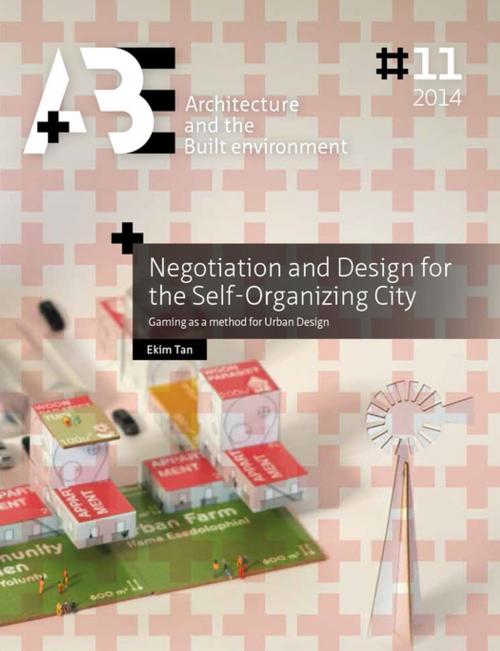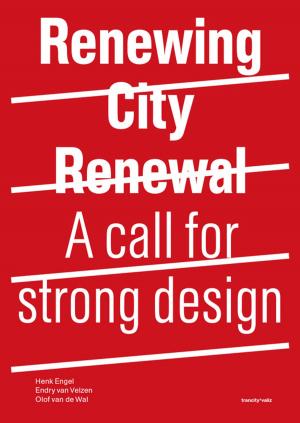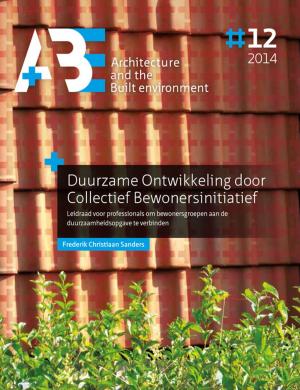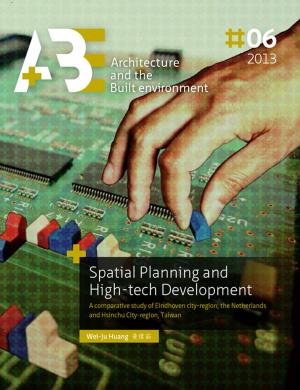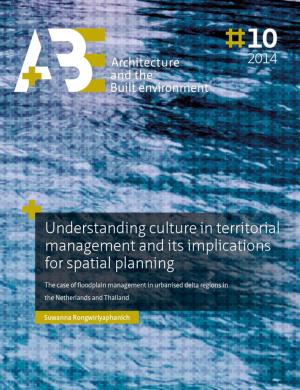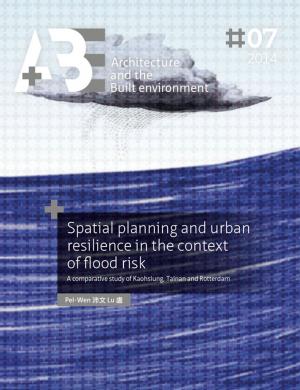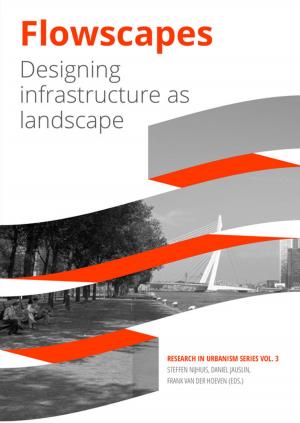Negotiation and Design for the Self-Organizing City
Gaming as a method for Urban Design
Nonfiction, Art & Architecture, Architecture, Planning| Author: | Ekim Tan | ISBN: | 9789461863560 |
| Publisher: | TU Delft | Publication: | September 5, 2014 |
| Imprint: | TU Delft | Language: | English |
| Author: | Ekim Tan |
| ISBN: | 9789461863560 |
| Publisher: | TU Delft |
| Publication: | September 5, 2014 |
| Imprint: | TU Delft |
| Language: | English |
This book is dedicated to building an open negotiation and design method for cities as self-organizing systems that bridges the gap between collaborative planning and collaborative design methods. Gaming as a tool for knowledge creation and negotiation serves as an interface between the more abstract decision-making and material city-making. Rarely involved in the creation of our environment, it has the unexplored potential of combining the socio-spatial dimensions of self-organizing urban processes. Diverse agents, the collaborations and conflicts within and between interest groups, and the parameters provided by topological data can all be combined in an operational form in gaming: potentially a great unifier of multiple stakeholder negotiations and individual design aspirations through which to generate popularly informed policies or design.
This book is dedicated to building an open negotiation and design method for cities as self-organizing systems that bridges the gap between collaborative planning and collaborative design methods. Gaming as a tool for knowledge creation and negotiation serves as an interface between the more abstract decision-making and material city-making. Rarely involved in the creation of our environment, it has the unexplored potential of combining the socio-spatial dimensions of self-organizing urban processes. Diverse agents, the collaborations and conflicts within and between interest groups, and the parameters provided by topological data can all be combined in an operational form in gaming: potentially a great unifier of multiple stakeholder negotiations and individual design aspirations through which to generate popularly informed policies or design.
